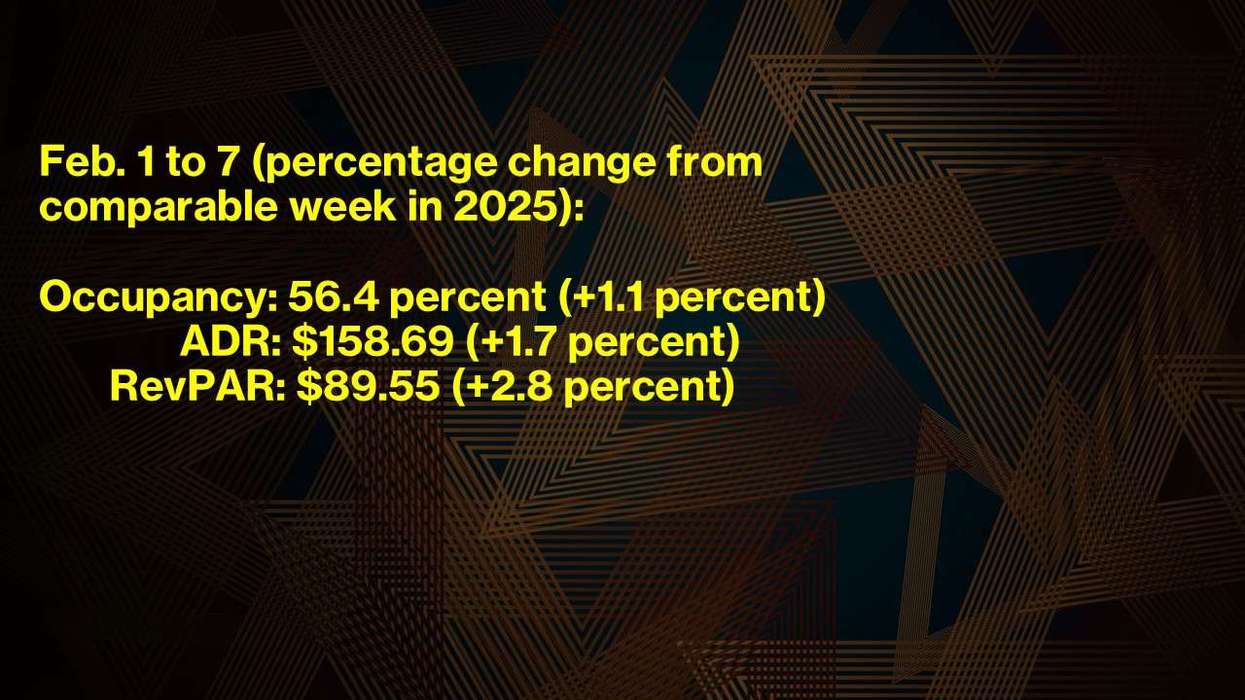Summary:
- Wyndham and Cygnett signed a 10-year deal to launch La Quinta and Registry Collection Hotels in India, Bangladesh and Sri Lanka.
- Gurgaon-based Cygnett, founded in 2014, is led by Founder and Managing Director Sarbendra Sarkar.
- In June, Wyndham CEO Geoff Ballotti announced India expansions at the company’s 2025 Global Conference in Las Vegas.
WYNDHAM HOTELS & RESORTS and Cygnett Hotels & Resorts signed a 10-year deal to launch La Quinta by Wyndham and Registry Collection Hotels in India, Bangladesh and Sri Lanka. The partnership aims to add more than 60 hotels across the region over the next decade.
The Wyndham-Cygnett deal is the latest in a series of development agreements to meet rising travel demand in India, Wyndham said in a statement.
“This partnership is the next chapter in Wyndham’s Eurasia growth story, with India as a key strategic market that we’ve grown alongside for decades,” said Dimitris Manikis, Wyndham’s president for EMEA. “Cygnett shares our commitment to sustainable, long-term growth while meeting demand from travelers seeking experiences that blend comfort, authenticity, and excellence. We’re introducing stays across the full spectrum—from quality hotels to luxury escapes—bringing Wyndham brands to more destinations across the region.”
With domestic travel spending reaching $186 billion last year and leisure travel projected to grow 12 percent annually, Wyndham is targeting a fast-evolving market driven by infrastructure investment, a growing middle class, and rising tourism.
India, Gurgaon-based Cygnett, founded in 2014, is led by Founder and Managing Director Sarbendra Sarkar. He said partnering with Wyndham provides the scale, global recognition, and brand strength to expand quickly and deliver value to owners and guests.
“We are proud to help grow La Quinta and Registry Collection Hotels—two global brands that complement our portfolio and align with demand in the region for high-quality hotel and guest experiences,” Sarkar said. “Our regional network and commitment to brand integrity position us to lead the rollout of these brands across South Asia.”
As part of the deal, Wyndham and Cygnett signed an exclusive agreement to develop La Quinta across India, Nepal, Sri Lanka and Bangladesh, with plans for more than 50 hotels. The rollout, a mix of new builds and conversions, is expected to begin by late 2026. At present, the brand has a presence in more than 900 locations globally and targets upper-midscale business and leisure travelers.
Wyndham and Cygnett will also introduce Registry Collection Hotels in India under a nonexclusive 10-year agreement to develop 10 properties. The hotels will be co-branded with Anamore, Cygnett’s new 5-star brand, with the first opening expected in 2026. Registry Collection Hotels also operate in more than 30 global locations and focus on boutique and luxury stays.
In June, Geoff Ballotti, president and CEO of Wyndham Hotels & Resorts, announced several initiatives at the company’s 2025 Global Conference at Caesars Forum in Las Vegas, including expansion plans in India.






